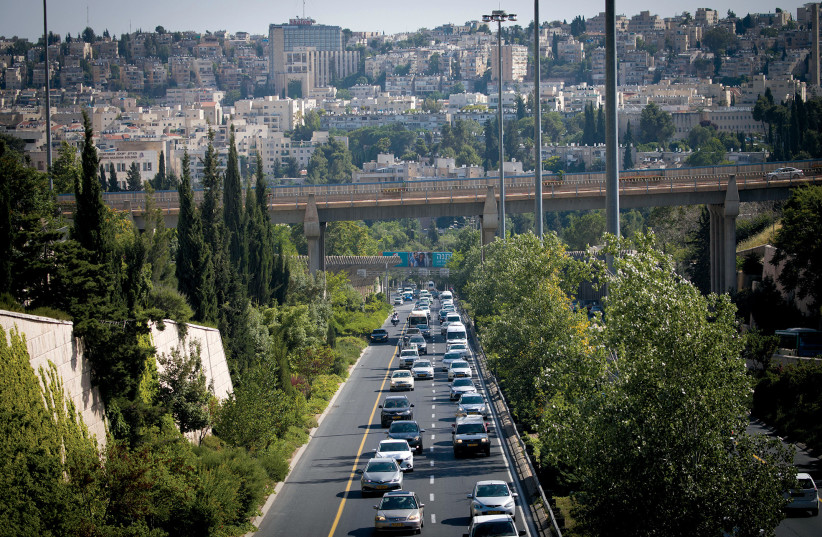“Patience is a virtue, possess it if you can. It is seldom found in woman and never in a man.”
According to a variety of scholars, the original definition of patience as a virtue is to be found in the 14th-century allegory, Piers Plowman, written by William Langford, a script unloved by generations of students of the development of the English language.
The authorship of the doggerel at the beginning of this article is a matter of debate but is certainly of more recent vintage. Accurate or not, even casual observation would nonetheless affirm that patience, albeit virtuous, is in chronically short supply.
The Hebrew word for patience, savlanut, is only one letter different from the Hebrew word for tolerance, sovlanut, a quality with possibly even more claim to virtue than patience, and equally hard to find. I am certainly not alone in thinking that both these attributes are essential to the successful maintenance of civilized society. No end of philosophers, writers and thinkers have offered testimony to it.
“How poor are they that have not patience. What wound did ever heal but by degrees.” [Othello, William Shakespeare]
“How poor are they that have not patience. What wound did ever heal but by degrees.”
Othello, William Shakespeare

The great Irish statesman and philosopher, Edmund Burke, who can always be relied upon for an apt quote, agreed: “Our patience will achieve more than our force.”
In the Book of Job, the hero is the ultimate example of both patience and tolerance, and we are reminded what these vital human qualities can achieve.
Reflections of this kind may very well appear irrelevant, even frivolous in the context of a world that is still feeling the effects of a deadly pandemic, witnessing unspeakable atrocities carried out by one country against another and ongoing terrorism at home.
We have become conditioned to expect rapid responses to our needs, whether personal or global, and patience and tolerance are by definition part of a slow process. If we do not receive an immediate response to an email or WhatsApp message, if pharmaceutical companies cannot produce a rapid antidote to corona, or governments fail to deal at once with a crisis, patience is soon exhausted and converted to frustration and anger, neither of which is likely to change anything.
I am reminded of this on a daily basis as I hear a cacophony of car horns protesting at the traffic jams at the junction of Jabotinsky Road and Bialik Street outside our building in Ramat Gan. None of it makes the traffic move, nor does it prevent a repeat performance the following evening. The most to be said is that such demonstrations of impatience provide a degree of relief to a tense driver.
When it comes to the existential problem closest to home, a plea for patience and tolerance – while the need for both is glaringly obvious – seems like spitting in the wind. This is a decades-old, deeply complex situation that would have put even Job to the test. A history of the efforts over the years to come to an accommodation acceptable to both Israel and the Palestinians is illustration enough of how problematic it is to apply the obvious to seemingly intractable conflicts.
The best hopes were invested in the Oslo Accords of 1993 through which Israel conceded territory to the Palestinians and recognized the Palestinian Liberation Organization as the representative of the Palestinian people, while the PLO recognized the State of Israel and agreed to a policy of non-violence, all testifying to the application of patience and tolerance by all the parties concerned. It all fell apart within two years, but it would be wrong, I believe, to say it achieved nothing. The Palestinians achieved a degree of autonomy with their own elected government, giving encouragement to the possibility of a two-state solution. From the Israel point of view, it led to improved international relations, especially and importantly with India and China.
Almost 30 years later, the existential problem remains. Oslo probably failed in its main goals because of the continued absence of trust between the parties, which surely provides a case for more years of patiently working on breaking through barriers of suspicion and establishing mutual reliability. Something could still be learned from what it did achieve. Patience and tolerance are more than ever in demand. It isn’t love we need. It is having the patience to understand our neighbors and the tolerance to respect their needs. ■
The writer is an author, and former head of the British Desk at the Jerusalem Foundation.
